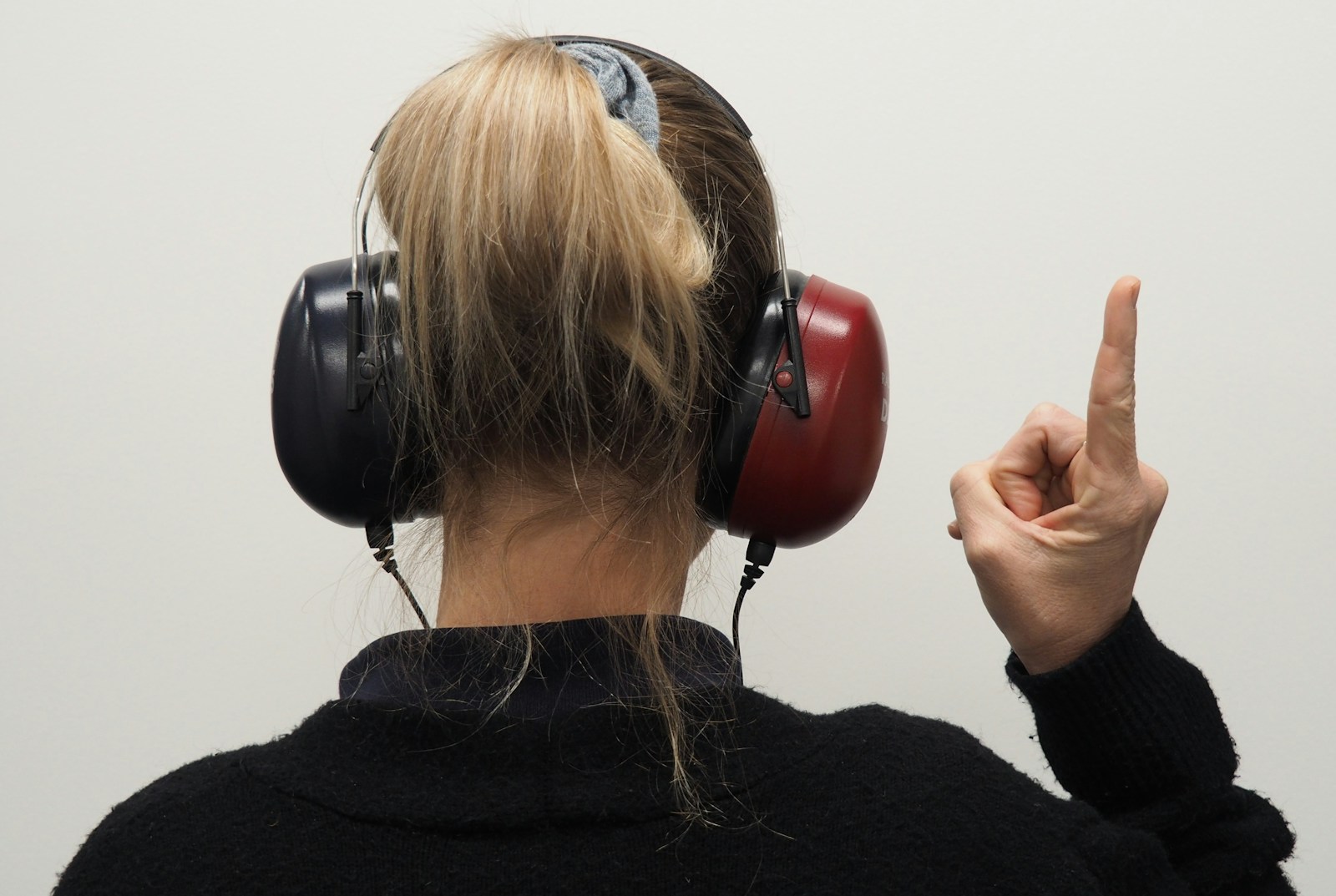
udito

hearing
The word 'udito' in Italian is used to refer to the sense of hearing. It can be used to describe the ability to perceive sounds or the act of listening. For example, 'Ho un problema con il mio udito' means 'I have a problem with my hearing'.
Example sentences using: udito
Ho udito un rumore strano nella notte.

I heard a strange noise in the night.
This sentence demonstrates the past participle 'udito' after the auxiliary 'ho', translated to English as 'I heard'. The adjective 'strano' is used to describe 'rumore', meaning noise, and 'nella notte' refers to the time, 'in the night'.
Non ho udito quello che hai detto.

I didn't hear what you said.
The negation 'non' is used here to indicate the speaker did not hear 'quello che hai detto', which translates to 'what you said'. Again, 'udito' is used in the past tense after 'ho', signaling an action that took place in the past.
Mi è piaciuto quello che ho udito.

I liked what I heard.
In this instance, 'udito' is used in a subordinate clause after 'quello che', which means 'what'. The main clause 'Mi è piaciuto' translates as 'I liked', here the past tense is used to show an action that has been completed.